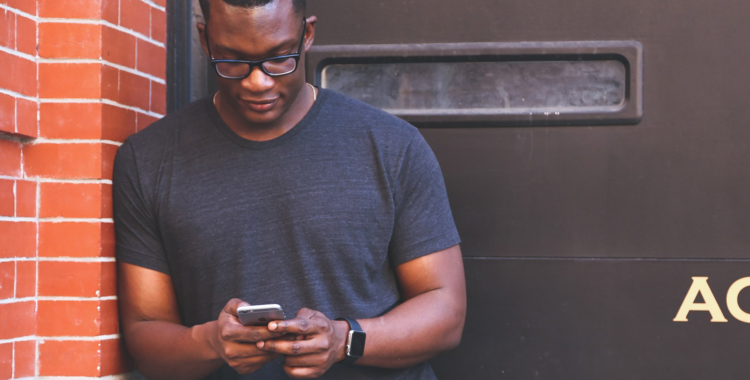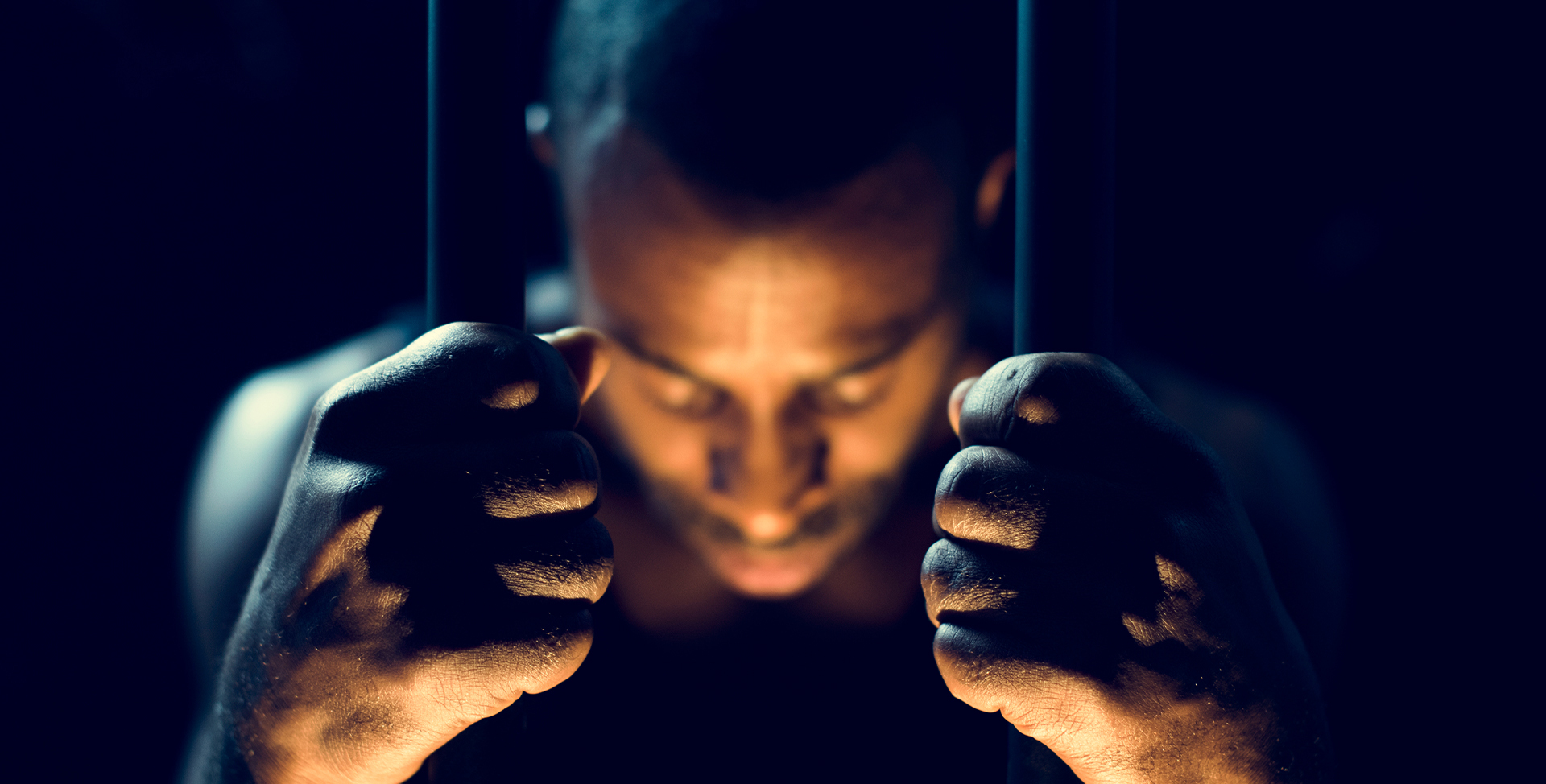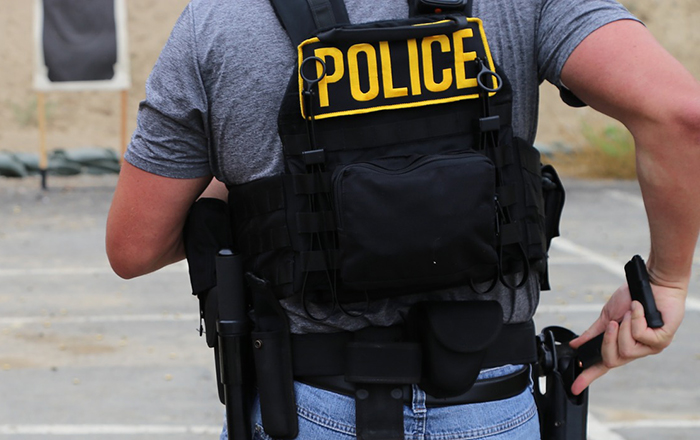Your Legal Rights When Calling the Police
When calling the police, you might think you can expect the same level of privacy and protection as when you call the doctor. But that assumption couldn’t be further from the truth.
I recently spoke to someone in my chat window who had this exact question. She asked if calls to the police are protected like a call to your doctor would be. It’s a great question. So think about it like this. If you’re familiar with Miranda rights, you’ll recall there’s a statement “whatever you say can and will be used against you.” This is why calls to the police are not protected. The police have a right to use your statements against you.
You might be calling the police just to simply report suspicious activity around a neighbor’s house or report a suspected drug deal on the street outside your home. You probably believe you’re just helping and trying to be a part of the solution. While keeping your neighborhood safe is everybody’s hope and desire, calling the police puts you into a risky situation. You need to be careful when calling the police.
Sometimes, it’s common sense to call the police when you see something. Maybe someone’s life is at risk. Maybe there’s an emergency. You might even live in a neighborhood where crime is threatening everyone’s safety and you have a Neighborhood Watch. If you need to call the police, there’s a few things you need to remember.
1. Your call will most likely be recorded, especially if you call 911.
2. 911 calls are public record. Technically, 911 calls can be listened to by reporters, the public, and basically anyone who officially requests it using the Freedom of Information Act. Think about what you’re going to say and what you’re not going to say.
3. Keep your conversation short and to the point. Don’t use a call to the police to air grievances and vent or tell long stories. If something needs to be reported, state the facts and the location. Be careful how you answer questions.
4. You do not have to identify yourself, but your Caller ID will show up on the other end. You may ask to keep your info confidential, but they have no obligation and you aren’t anonymous.
5. The police might come to your door even if you asked to stay anonymous. If they know where you are and they need more information, you might get a knock. Be prepared for it. Without a warrant, you have no obligation to answer.
It’s true that sometimes the police need to be called to report accidents, crimes, or activity that threatens our family or our neighborhood. Just make sure you understand that your statements aren’t protected. Being a good citizen is important, but what matters most for your own protection is to think carefully about what you want to say before you call the police.
ARE YOU DEALING WITH THE ISSUE IN THIS ARTICLE?
Let us help you. We post these articles to help you understand the issues you may be facing, but we welcome your questions. Contact us if you want more details or need to ask about a specific case. We’re here to help
718-618-5567




